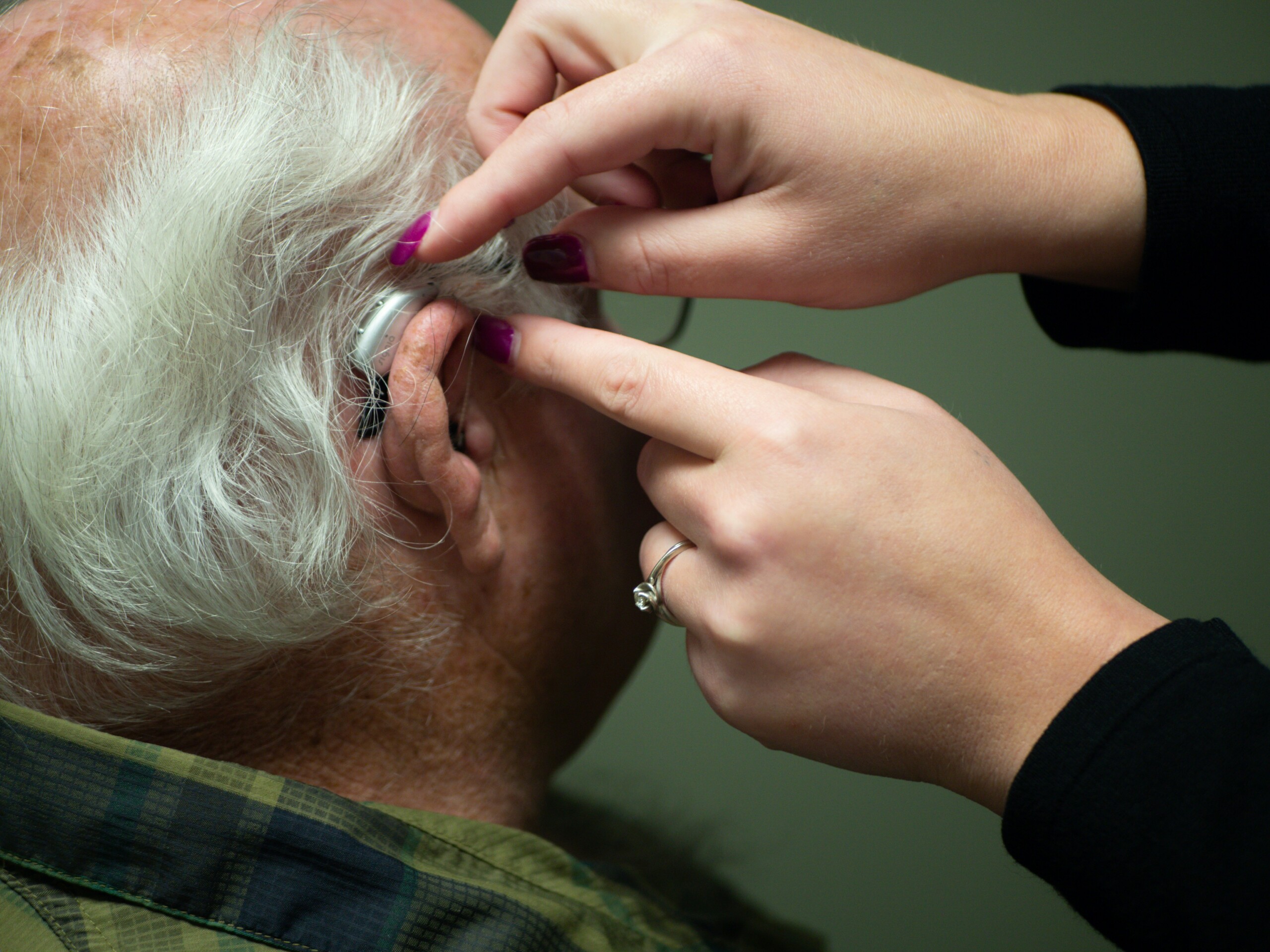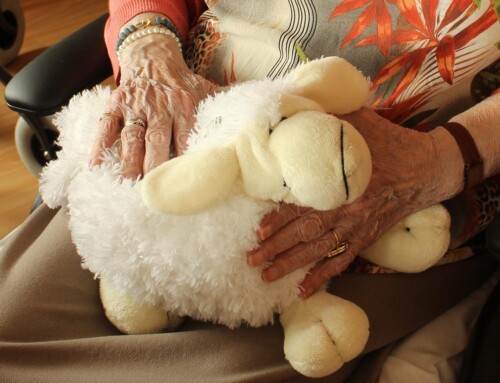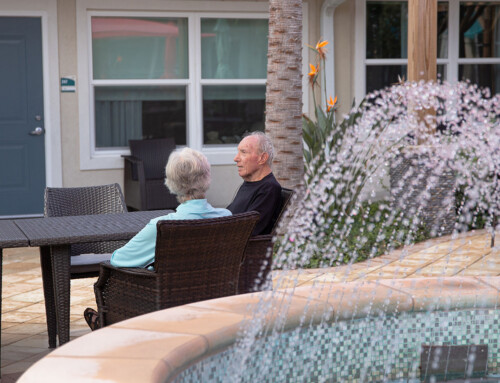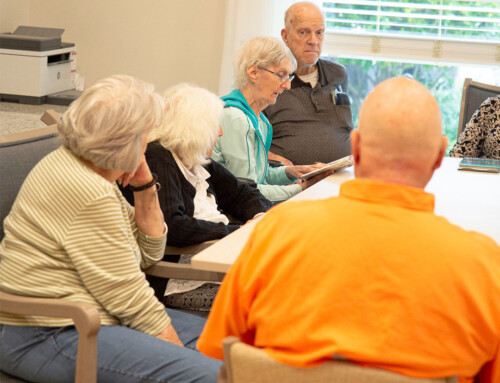Hearing loss is one of the most common and widespread health concerns for Florida seniors, with some estimates placing the percentage of 65+ Americans with hearing loss at 35 percent. When you look at 75 and older, that percentage rises above 50 percent. With so many seniors dealing with hearing loss, you may think it’s an expected concern that doesn’t have much impact on someone’s everyday life. But that is far from the truth. Older adults living alone with hearing loss face significant challenges that compromise their safety, and today, we are taking a look at how assisted living can step in to help when times get tough.

Negative Effects of Hearing Loss
If a senior is living alone, how bad can hearing loss be? With no one around, you may be under the impression that having a subpar hearing is one of the better health ailments to have. But even with at-home living, overall well-being can take a nosedive.
Living alone doesn’t mean seniors don’t interact with others. Simple tasks like responding to a doorbell, hearing a phone ring, or understanding conversations with family members become increasingly difficult. If a senior is constantly dealing with missed information and the inability to react to their environment, it can exacerbate feelings of isolation and keep them cooped up in their house even more.
While this is a serious concern, it isn’t as pressing a matter as immediate health and safety risks. Seniors with hearing issues may fail to hear smoke alarms or emergency notifications, such as hurricane and flooding warnings common to Florida. Seniors with caregivers or family members may be able to receive help for daily tasks that stick to a schedule, but what happens during these emergency, time-sensitive moments? Without dedicated assistance and caregiving, which can be prohibitively expensive for at-home care, seniors with hearing loss are at massive risk.
How Assisted Living Supports Independence
If you’ve never looked closely at assisted living, you likely have a misconception about what it is and who it helps. Assisted living communities offer a supportive environment where seniors with hearing loss can maintain their independence while receiving the help they need. Assisted living communities prioritize personalized care plans, meaning that the assistance each individual receives only addresses their health concerns without infringing on their autonomy. Residents continue to make their own choices with the reassurance that support is available when needed.
Say, for example, a family member is dealing with age-related hearing loss, and you are worried about the worst-case scenario: a fire or emergency in which they can’t hear alarms. At an assisted living facility, staff will know about your family member’s condition and react accordingly, making them aware of emergency situations and helping them reach safety.
At the same time, staff doesn’t have to provide them with dedicated assistance that some other seniors may need like help getting dressed or going to the bathroom. Plans can adjust in the future, but in the meantime, care can focus on what matters most: addressing hearing concerns that endanger their safety. Opting for assisted living is a proactive decision to accept help while still maintaining independence. Hearing loss isn’t the end of the world; you don’t have to jump into the assisted living deep end as soon as something goes wrong.
At A Banyan Residence, you or your family member can receive daily assistance and care to help address some of the issues associated with hearing loss while still living an independent life surrounded by friends, family, and neighbors. Contact A Banyan Residence today to learn how assisted living can help and schedule a tour of our facility.







